| EV auto finance subject of new F&I special section |
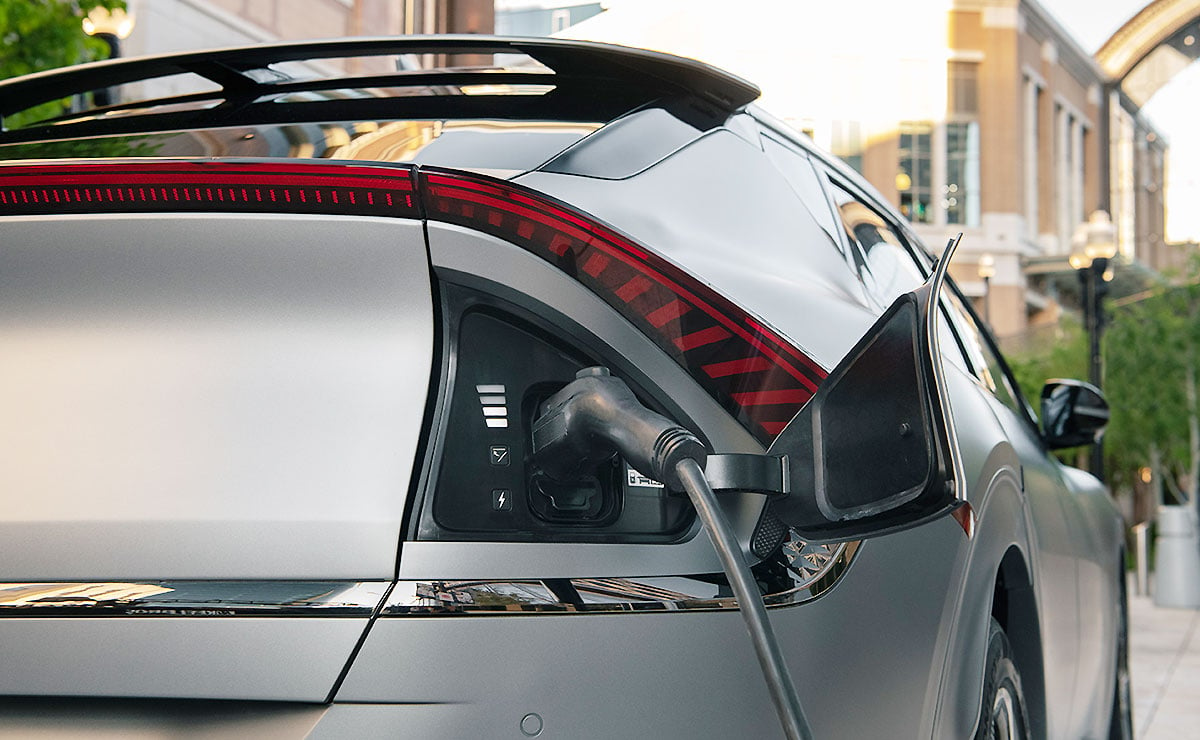
Electric vehicles made up 7.2 percent of second-quarter U.S. registrations, ahead of the 5 percent “inflection point” Chase Auto CEO Peter Muriungi said could signal EVs reaching 25 percent of the market within just two or three years.
For auto lenders and dealership finance offices, the question is: How are people currently paying for their EVs, and how will the potential impending flood of adopters pay for them in the future?
In this quarter’s Finance and Insurance special section, we look at trends dealership sales and F&I departments might see today or leverage in years to come.
Our lead story demonstrates automakers whose vehicles do not qualify for the 2022 Inflation Reduction Act’s new-EV tax credit are indeed capitalizing on the commercial vehicle tax credit by incentivizing leasing. Lease deals boomed from 7 percent of the EV market to 26 percent of new EV transactions between December 2022 and July 2023. Kia, for example, which passed all $7,500 on to the consumer, saw EV leasing pop from 10 percent of Niro customers before the Inflation Reduction Act to about 50 percent of Niro deals.
Meanwhile, the EV dealers whose vehicles do qualify for the new-EV buyer credit have a powerful tool in their arsenal — the prospect of up to $7,500 in tax savings the vehicle purchase would deliver to a qualified buyer. But the credit isn’t a given for all vehicles or all buyers — which raises the risk a dealership would overpromise in conversations with a customer and in advertisements. Find out from a trainer and a dealership website software provider ways a retailer might manage discussions of tax credits — a used-EV credit with its own rules exists as well — in the store and online.
Once a customer figures out how to finance an EV, here comes another question: Did they think about where they’ll charge it at home? If they don’t like filling up at a snail’s pace, they’re going to need a Level 2 outlet or Level 2 home charging box. A box could be at least $1,000 for the hardware and installation. What if the customer could just buy all that from the dealership and bundle it in the car loan like any finance-and-insurance product or physical vehicle add-on? EV home charger startup Treehouse — who just raised $10 million from companies including Assurant — told us it sees potential in that model, and some lenders have already begun to approve EV loans financing the charger as well.
Read all of these stories and other EV coverage in our third-quarter F&I special section. Because we understand the only thing more thrilling than the acceleration of an EV is the structure of a car deal for one.
— John Huetter, Finance & Insurance reporter
 |
|---|

“It frustrates me that all of our cars — for the industry as a whole — are just too heavy. The cost is becoming unaffordable for the middle classes.” |
— NED CURIC, STELLANTIS’ CHIEF TECHNOLOGY OFFICER, ON THE EV WEIGHT PROBLEM AND ITS IMPLICATIONS FOR THE ENVIRONMENT, RESOURCES AND VEHICLE COST. |
|
From “Heavier EVs are causing safety and pollution problems” |
 |
|---|
Automotive News Editors’ Picks:
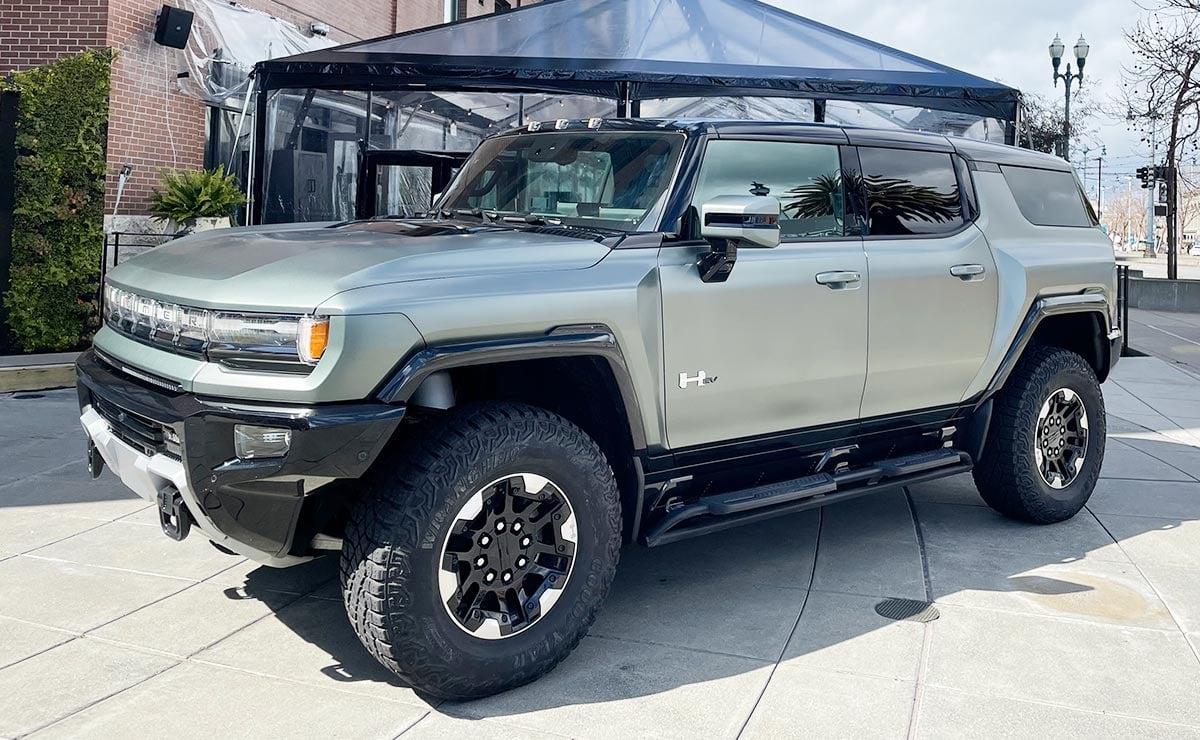
What’s a few thousand pounds between friends? What automakers are learning about electric vehicles, veterans of Weight Watchers already know: It’s hard to keep the pounds off once you’ve lost them. EVs are posting eye-popping curb weights, wiping out the lightweighting progress automakers have made in the past decade. The heavy batteries required to provide hundreds of miles of range are the culprit. And it’s a safety and health risk. A National Bureau of Economic Research study found that an extra 1,000 pounds increases the chance of crash fatalities by 47 percent. Other studies show that heavy EVs are increasing pollution by causing tires to shed tiny rubber particles faster. Automotive News looks at this weighty conundrum posed by the electric revolution, and explains why shedding weight from EVs will be far more difficult than the combustion engine vehicle diet craze.
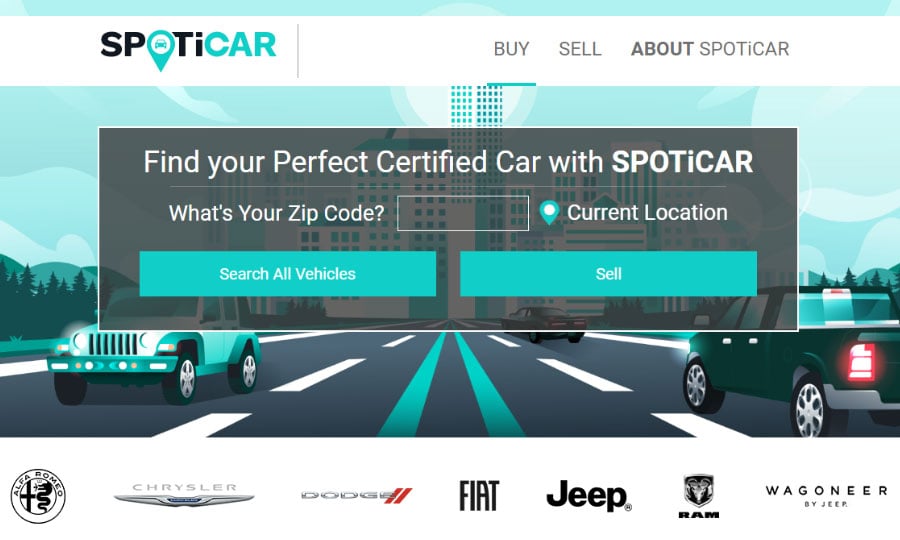
Stellantis brings a European innovation overseas: Stellantis has brought its SPOTiCAR used-car platform to the U.S., giving dealers an outlet for their certified pre-owned inventory. The site serves as a connection point for dealers and consumers. Shoppers can use their ZIP codes to browse certified pre-owned models from Stellantis brands and to sell their own cars to dealers. Users can set up test drives through the site as well. Spoticar launched in 2019 across 11 countries in Europe. It’s been available in the U.S. since July. Stellantis said the U.S. launch is another step to help it fulfill pre-owned vehicle sales and transactions as part of its Dare Forward 2030 strategy.
Weekend headline
Live updates from the IAA Mobility auto show: Automotive News and Automotive News Europe covers Europe’s largest auto show this weekend. Most debuts will be of vehicles intended for the European market, but some models destined for the U.S. will get premier treatment.
Mercedes-Benz previews Tesla fighter: On Sunday at the Munich auto show, Mercedes revealed the Concept CLA Class, a four-door coupe that previews a new “electric-first” platform, underpinning future compact and midsize electric vehicles.
BMW Neue Klasse EV gets futuristic design, ‘skips a model generation’: The design of BMW’s first Neue Klasse all-electric vehicle is futuristic enough to “look like we skipped a model generation,” the automaker’s design chief, Adrian van Hooydonk, says. The concept features styling that has been “pared down to the essentials,” BMW said in a statement on Saturday when it released images of the Vision Neue Klasse.
VW will power into EV era with GTI small electric hatchback: Volkswagen brand will launch a performance version of its upcoming small battery-electric car using its GTI badge. VW previewed the high-powered small EV with the ID GTI concept. The car was unveiled on Sunday ahead of the IAA Mobility auto show in Munich.
Air pollution issues prompt Stellantis to reassess plant design, processes: A long string of air pollution violations in Detroit and nearby Warren, Mich., prompted Stellantis to re-examine its plant development processes from the ground up to figure out what went wrong.
 |
|---|
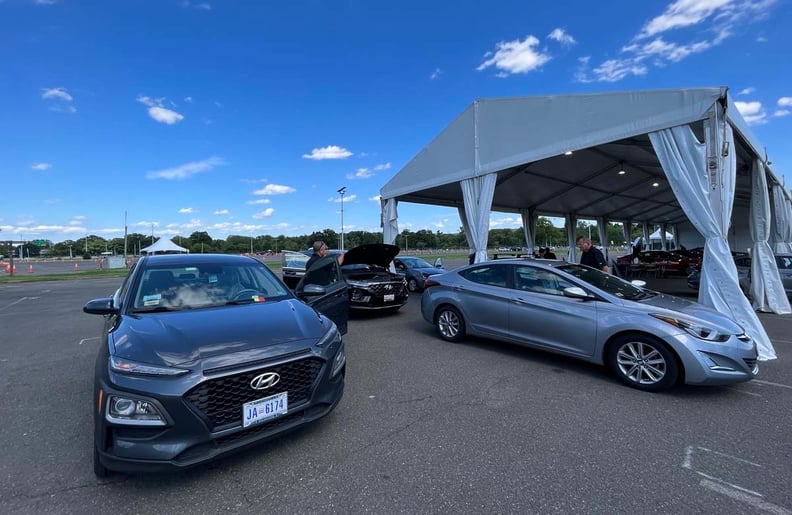 U.S. judge denies Hyundai, Kia class-action settlement: A federal judge has denied Hyundai and Kia’s $200 million settlement in a multidistrict class action against the automakers following a car theft frenzy that targeted certain model years, ruling that the amount is not enough for some owners. The settlement had offered different awards based on the severity of financial loss, and it was reached by Hyundai and Kia as well as lawyers representing plaintiffs who said their vehicles are too easy to steal because they lack engine immobilizers, a crucial anti-theft device.
U.S. judge denies Hyundai, Kia class-action settlement: A federal judge has denied Hyundai and Kia’s $200 million settlement in a multidistrict class action against the automakers following a car theft frenzy that targeted certain model years, ruling that the amount is not enough for some owners. The settlement had offered different awards based on the severity of financial loss, and it was reached by Hyundai and Kia as well as lawyers representing plaintiffs who said their vehicles are too easy to steal because they lack engine immobilizers, a crucial anti-theft device.
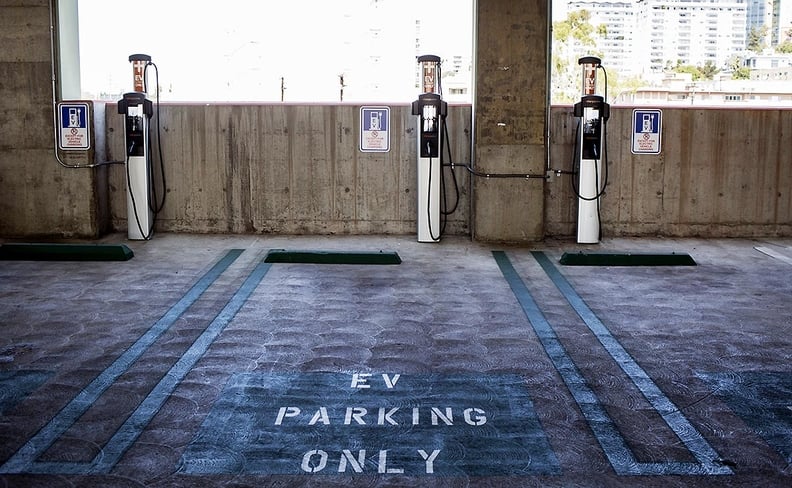
The ‘worst of all worlds’ for EV charging companies as Tesla swoops in: Low utilization rates and high operating costs are hamstringing charging network profits. Money is tight. Charging satisfaction is at an all-time low. And after waiting years for networks to get it together, automakers are joining with Tesla Inc. in an unexpected alliance.
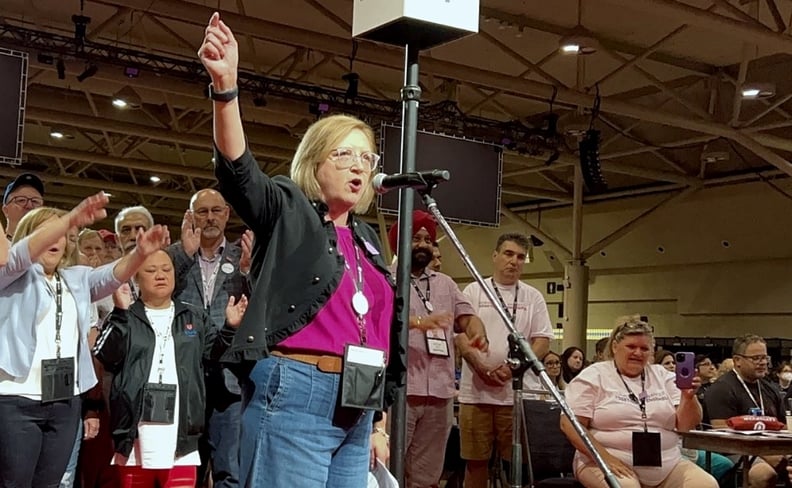
Unifor picks Ford as its Detroit 3 bargaining target in Canada: Unifor has its sights set on Ford Motor Co. of Canada as it looks to set a pattern for this year’s bargaining talks with the Detroit 3. Union President Lana Payne’s announcement of Ford as the initial union target comes roughly three weeks before Unifor’s current three-year contracts with the Detroit 3 are set to expire Sept. 18.
 |
|---|
|
|---|
 |
|---|
 |
|---|
 |
|---|
Sept. 7, 2018: Toyota Motor Corp. said it would halt vehicle production across Japan because of a supply chain interruption caused by a deadly earthquake in northern Japan. The earthquake struck the northernmost island of Hokkaido before dawn Sept. 6, killing more than a dozen people and leaving the island without power.

